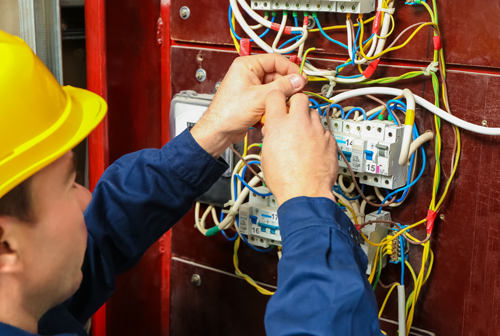ESPE Manufacturing is a leading supplier of electrical insulation and custom non-metal components. We partner with our clients to develop fully-customized manufacturing solutions, no matter how complex the specifications. Whether you need raw insulation material or a high-volume run of formed components, we can help.
We are experts in precision fabrication and our 30,000 square-foot facility is stocked with state-of-the-art equipment to enable:
- Die-cutting
- Stamping
- Laser cutting
- Digital cutting
- CNC milling
- CNC turning
- Shearing and slitting
We apply these capabilities to a wide range of performance materials. For every project, we consult carefully with clients to choose the ideal material for their performance needs and environmental constraints. Our preferred materials include:
- ITW Formex: Formex is a flame-retardant polymer that combines polypropylene and polycarbonate. It is ideal for insulation and shielding applications.
- Nomex: Nomex is a paper-thin insulator used in applications like mobile phones, battery packs, and televisions.
- Fishpaper/Vulcanized Fiber: This cellulose-based material is extremely lightweight and features superior heat and cold resistance compared to other insulators.
We also work with an extensive selection of non-metal materials to ensure we provide the right solution for your application.
Specifically, our custom-part fabrication capabilities include:
These services are available for volumes ranging from prototype runs to high-volume production runs exceeding 100,000 components. Our services are available to clients of all sizes and at every stage of the design process.
Learn How ESPE Manufacturing Can Help You
Electrical insulation is a complex topic, and it’s essential to get right. That’s why you need a knowledgeable partner like ESPE, where we have over 70 years of experience in custom manufacturing. Contact us or request a quote today to learn how we can help with your electrical insulator needs.

